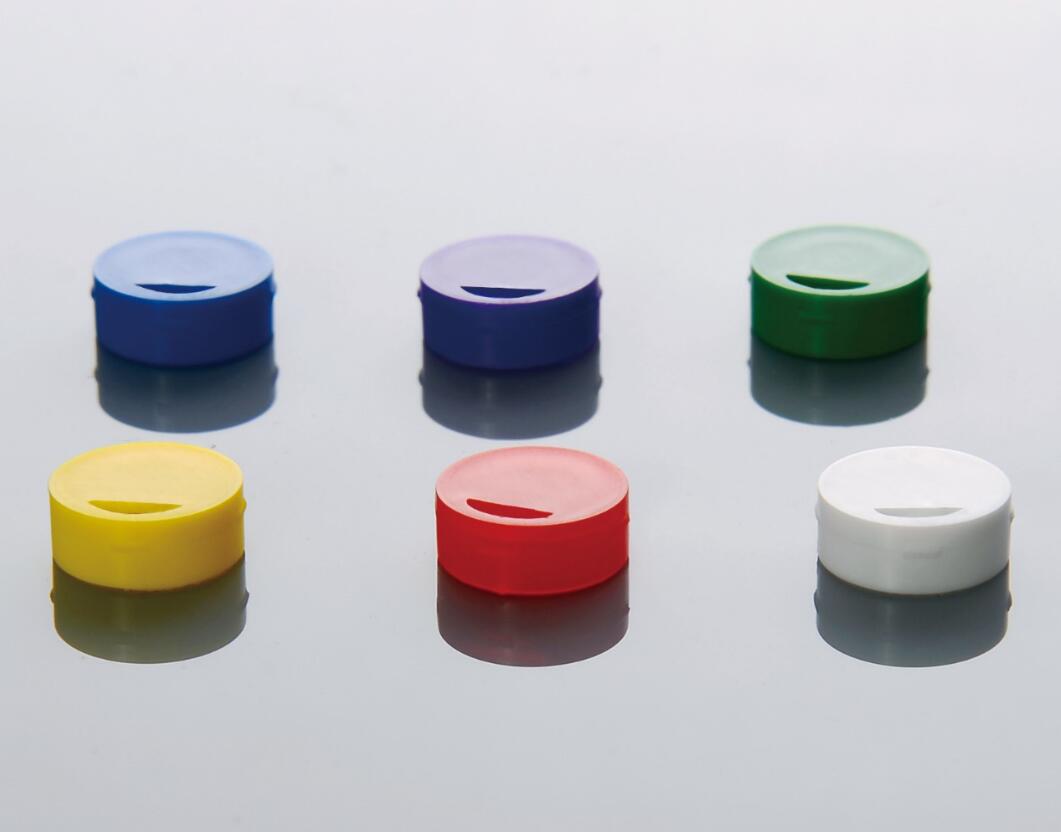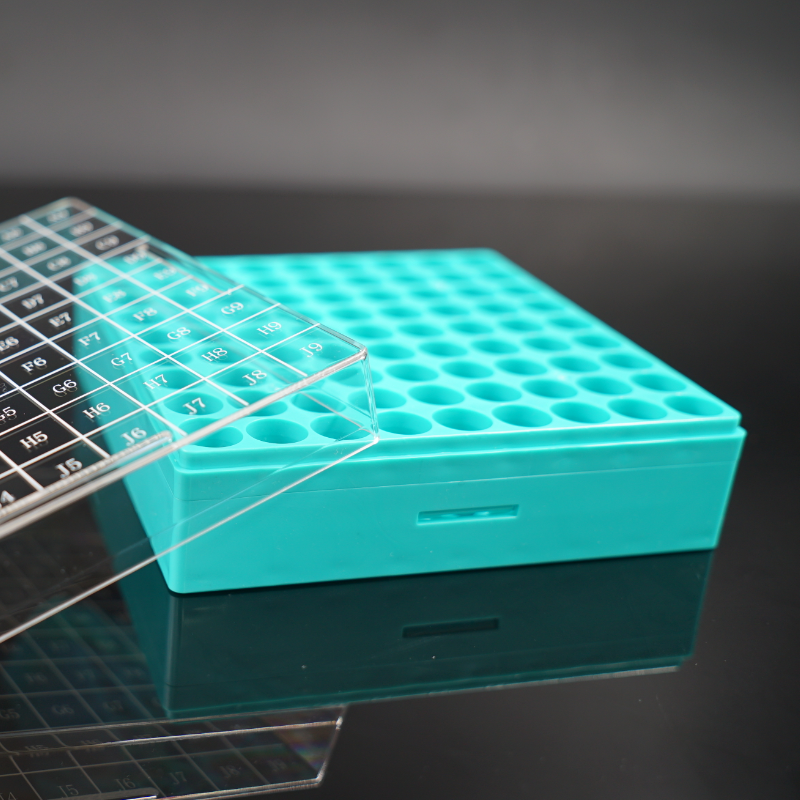Virgin plastics are among the most commonly used materials in modern manufacturing. These resins are derived from petrochemical feedstocks like crude oil or natural gas, and they haven't been processed or reused before. They are widely used to produce everyday items such as consumer electronics, machine components, and industrial housings. Although there have been growing efforts to limit the use of virgin plastics due to environmental concerns, their durability, strength, and structural integrity continue to make them highly sought after. HDPE, polypropylene, LDPE, and LLDPE are four of the most important types of virgin plastic resins used across various industries. This article explores their properties and applications in detail.
An In-Depth Look at Four Key Virgin Plastic Resins Used in Industry
These four types of plastic resins are extensively used in injection molding, extrusion, profile extrusion, film production, and compounding processes. Their unique characteristics make them ideal for a wide range of applications across different sectors.
High-Density Polyethylene (HDPE): Also known as polyethylene high density (PEHD), this thermoplastic polymer is known for its excellent strength-to-density ratio. It is made from ethylene monomers and is often used in applications that require resistance to corrosion and high temperatures. HDPE is also one of the most commonly recycled plastics, which adds to its sustainability credentials. Some key properties include:
- High strength-to-weight ratio
- Strong intermolecular forces and higher tensile strength compared to LDPE
- Excellent temperature resistance
- Good chemical resistance
HDPE is commonly used in water infrastructure, such as piping systems for potable water and wastewater. Other applications include:
- Food storage containers
- Ballistic armor
- Geothermal heat transfer pipes
- Natural gas distribution systems
- Plastic lumber and industrial components
Low-Density Polyethylene (LDPE): This polymer is characterized by its flexibility and ability to retain shape under varying temperatures. It is composed of long chains with side branches, which contribute to its softness and pliability. LDPE has several useful properties, including:
- Excellent corrosion resistance
- Low moisture permeability
- Resistance to many acids, bases, and alcohols
LDPE is commonly used in:
- Flexible machine parts
- Corrosion-resistant components
- General-purpose containers and trays
- Hardware packaging
- Medical devices and films
Linear Low-Density Polyethylene (LLDPE): This is a more advanced form of LDPE, offering better tensile strength, flexibility, and impact resistance. It is often blended with other polymers to enhance performance. Key features of LLDPE include:
- High flexibility and conformability
- Improved strength when combined with other materials
- Excellent resistance to tearing and punctures
LLDPE is widely used in:
- Plastic bags and sheets
- Containers and buckets
- Geomembranes and cable insulation
- Toys and household items
- Covers, lids, and industrial packaging
Polypropylene: One of the most versatile virgin plastics, polypropylene is produced from the monomer propylene. It is known for its white color, toughness, and excellent chemical resistance. It's widely used in packaging, medical devices, textiles, and automotive parts. Some of its notable properties are:
- High fatigue resistance
- Excellent resistance to organic solvents and fats
- Good scratch and weldability properties
- Lightweight yet durable
Polypropylene is ideal for:
- Rigid packaging and closures
- Furniture trim and hardware
- Garment hangers and industrial components
- Medical equipment and food containers
- Consumer goods and automotive parts
If you're looking to purchase any of these virgin plastic resins, it's crucial to work with a reliable supplier who can ensure quality and compliance. Mid Continent Plastics is a trusted provider of high-quality, certified virgin plastic resins that meet industry standards and specifications.
Cryogenic Vial Cap Inserts:
White Red Yellow Blue Green Purple.

Cryo Boxes:
Temperature range: -196℃ to +121℃PC cap with ABS bottomEach box includes drain holes and air vents to minimize condensation.Range of box versions to accommodate standard 1.2, 2.0, 3.0,4.0,5.0ml Cryogenic VialsFlexible use of storage capacity, with box formats 9 x 9, 10 x 10.
Transparent lid for optimum visibility of box content.

Cryogenic Vial Cap Inserts,Cryo Boxes,cryogenic vial rack,Cryogenic Vial Cap Inserts,Cryo Boxes
Wuxi NEST Biotechnology Co.,Ltd , https://www.nest-biotech.com